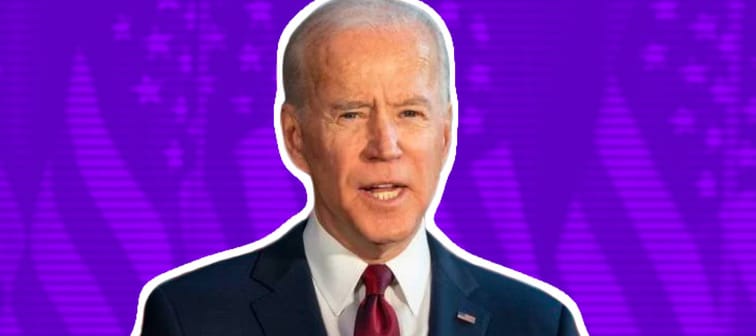This year’s SPR release was mandated by Congress years ago
Legislation from 2015 established SPR sales from 2018 through 2025 to fund federal spending — which means Congress would have needed to intervene to halt this year’s sale.
The Energy Department says bids on the oil are due on Feb. 28 and that the oil will be delivered from April 1 to June 30.
This comes after last year’s withdrawal of 180 million barrels to counter supply issues created from Russia’s invasion of Ukraine.
Some experts opposed the plan to drain the SPR — which was established for emergency use during an oil supply or economic crisis — calling it a political move to reduce domestic gas prices.
While another 140 million barrels were mandated for release between the 2024 to 2027 fiscal years, Congress canceled the sale after a proposal from the Energy Department to stop it.
“This action will not only maintain volume but also ensure the best value for taxpayers at approximately $74 a barrel that avoids unnecessary releases to the market when there is not a supply disruption,” the department said in a statement.
Dave Ramsey’s plan has people crushing debt fast
Drowning in debt? Dave Ramsey’s viral 7-step method is helping people wipe it out and finally build real savings. No gimmicks—just a clear plan that works. Moneywise breaks it down so you can get started in minutes. If you’re serious about getting ahead, don’t miss this.
See the stepsThere’s a three-part strategy to replenish the reserve
The Biden administration has laid out its strategy to refill the SPR with revenue from emergency sales, returns from prior exchanges and legislative solutions to “avoid unnecessary sales unrelated to supply disruptions to strategically maintain volume.”
The goal was to begin buying crude when it dropped to about $70 a barrel. The repurchase plan would have begun with 3 million barrels of crude oil for delivery in February.
“This repurchase is an opportunity to secure a good deal for American taxpayers by repurchasing oil at a lower price than the $96 per barrel average price it was sold for, as well as to strengthen energy security,” the department noted in a statement.
Although U.S. benchmark prices fell close to the $70 mark in December, the Energy Department rejected the first round of offers with the objective of providing “a fair deal for taxpayers.”
“DOE will only select bids that meet the required crude specifications and that are at a price that is a good deal for taxpayers.”
Under 60? Lock in life insurance in minutes
Get term life insurance fast—with no agents, no exams, and no stress. Ethos lets you apply online in minutes and get covered for as low as $15/month. It’s affordable peace of mind, without the hassle Get your free quote now








